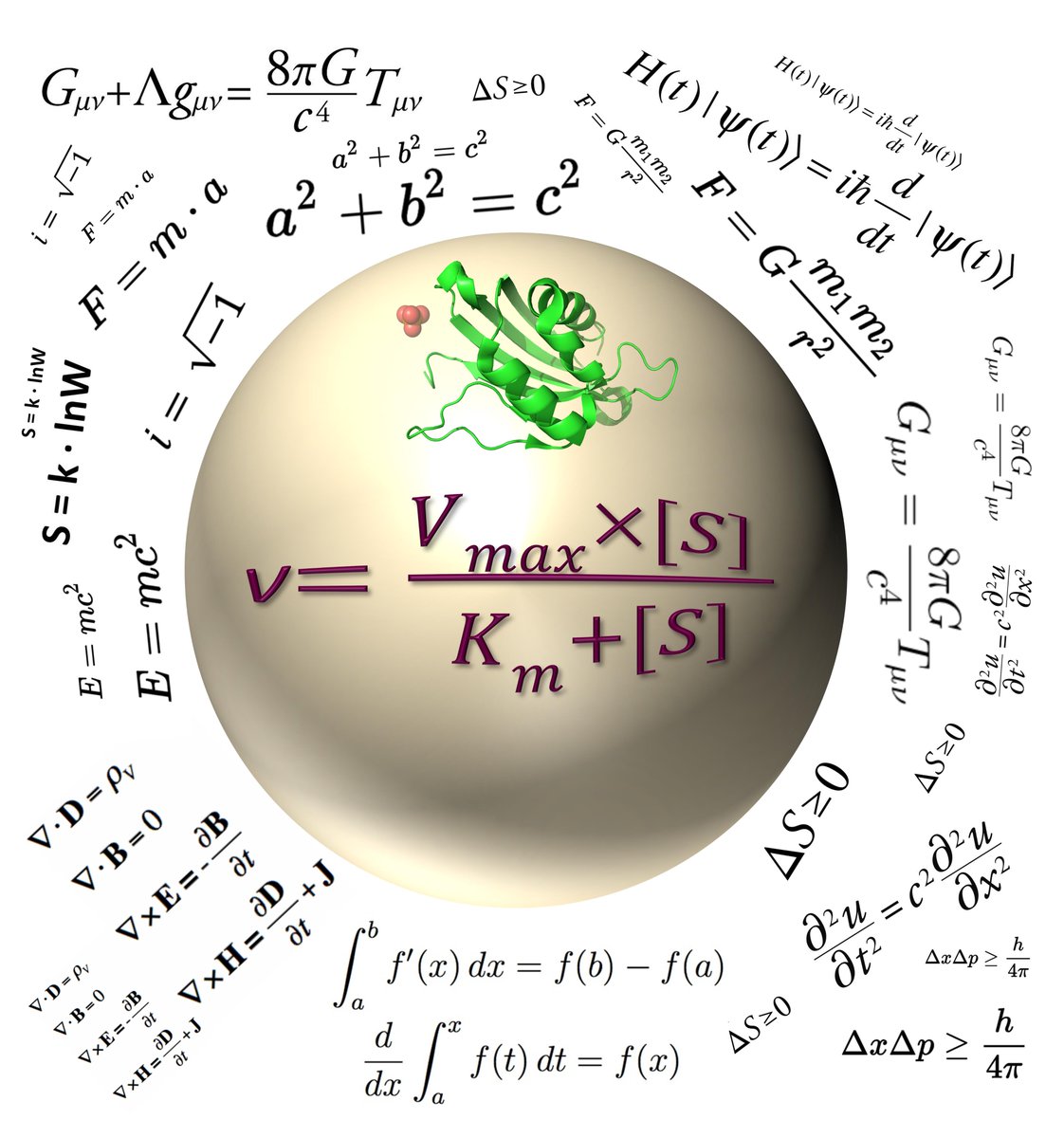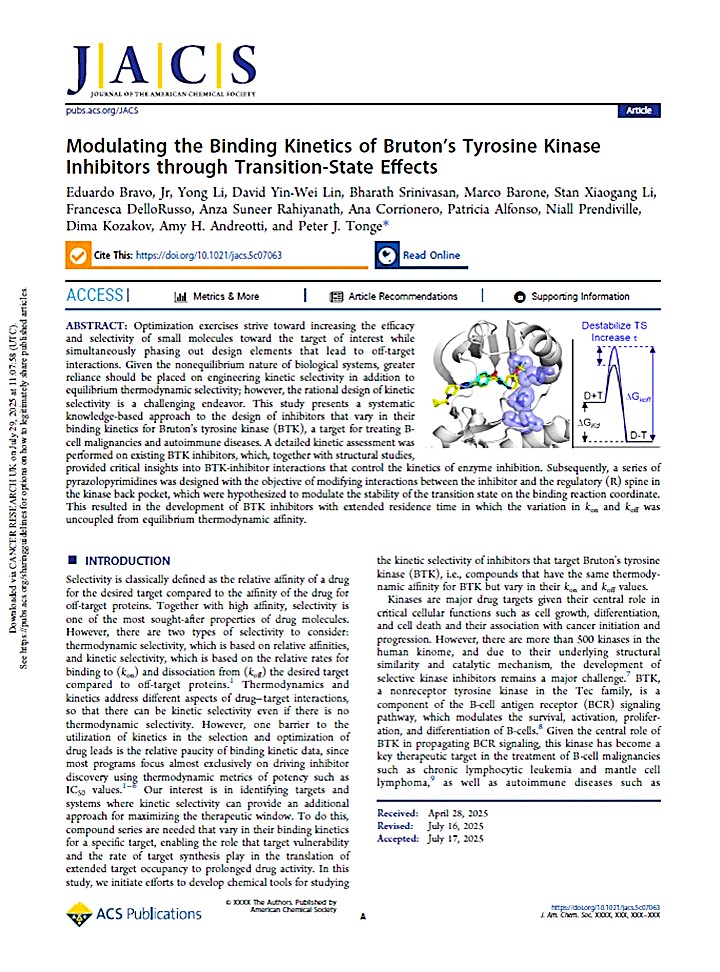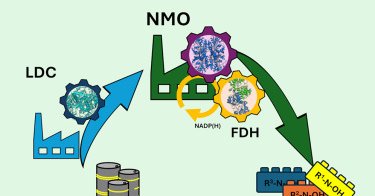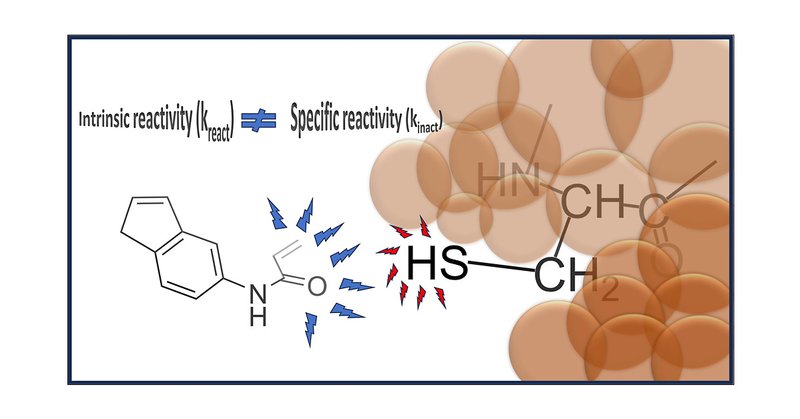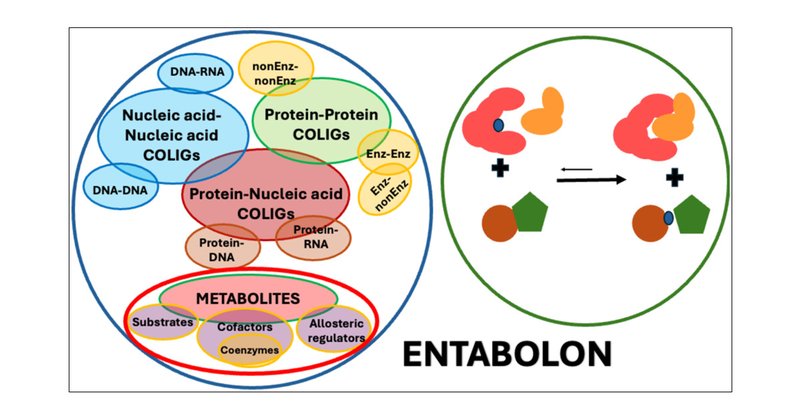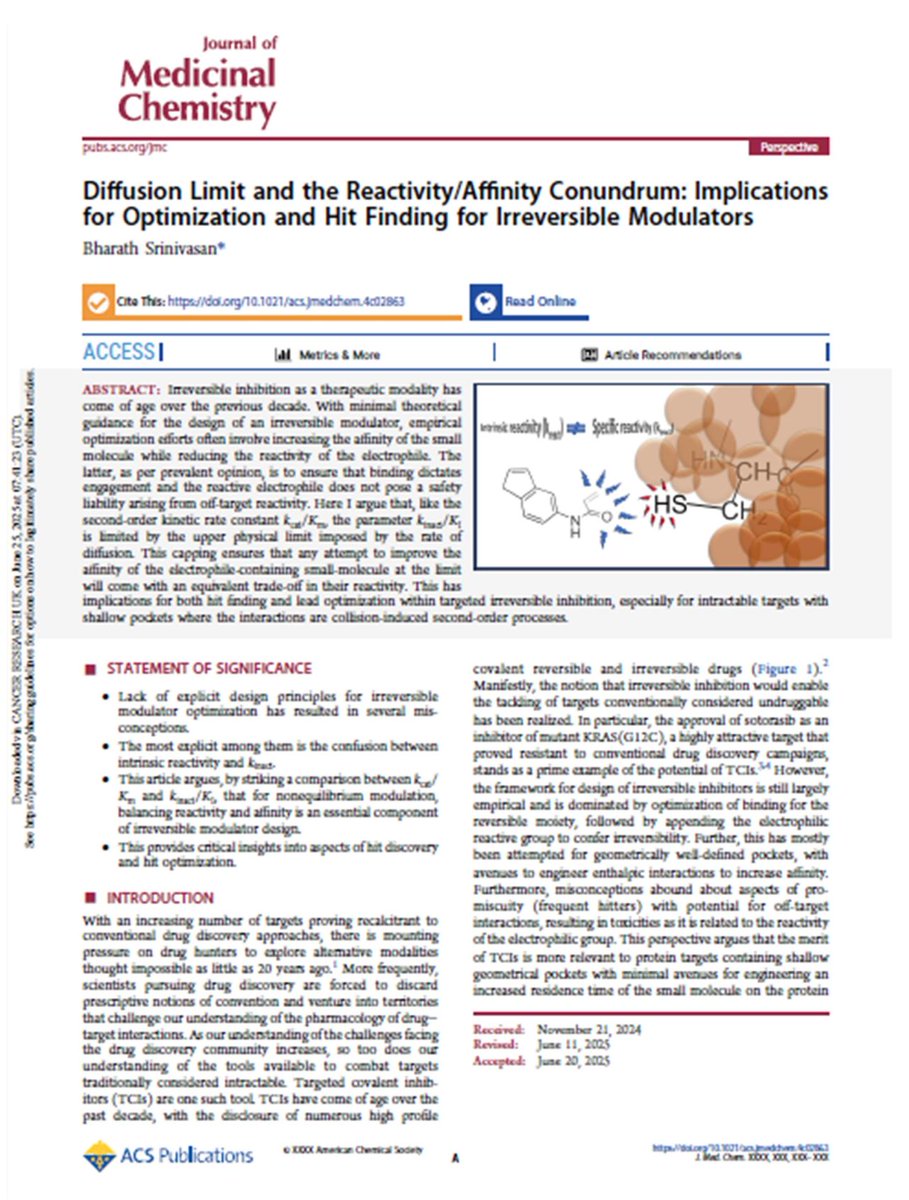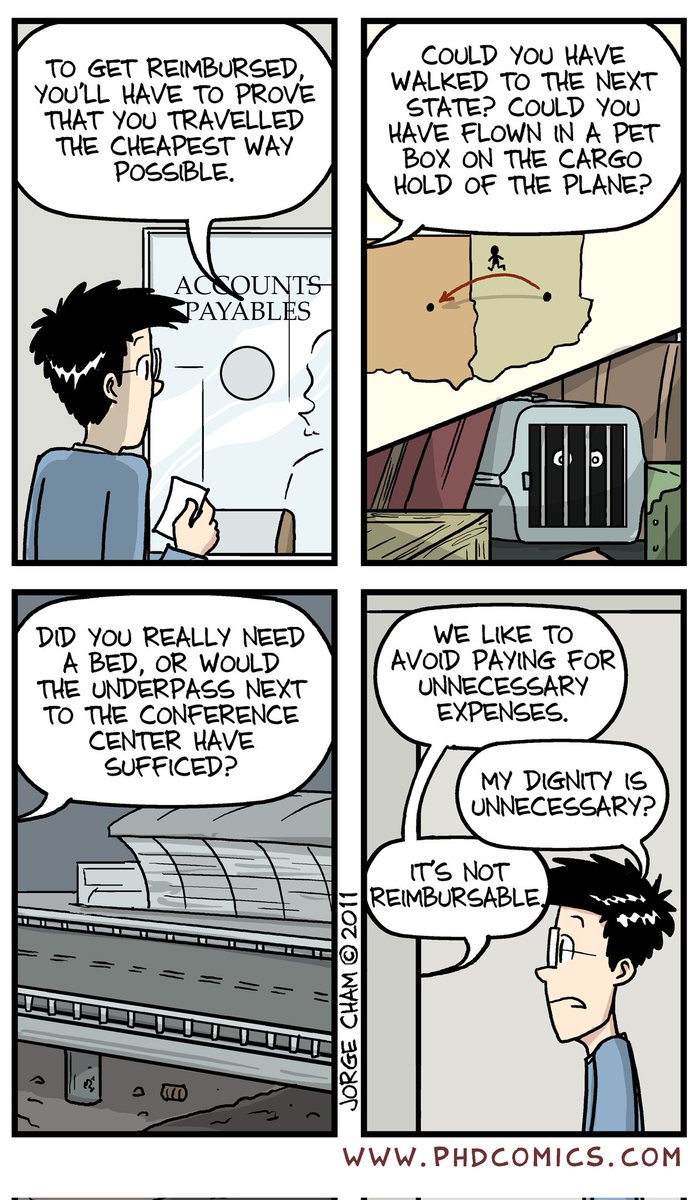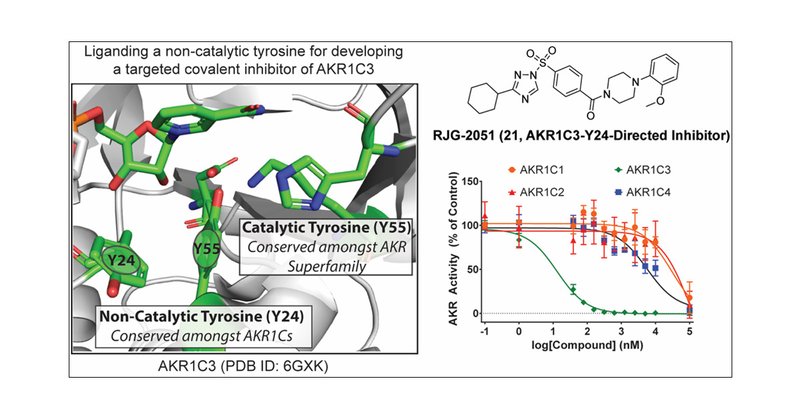
Bharath Srinivasan
@bharath_IGC
Followers
263
Following
4K
Media
101
Statuses
2K
Mechanistic Enzymologist. Sr. Principal Scientist CRUK.Marie-Curie IF. Editor@COPHAR, BJP, FEBS J. Faculty@F1000. https://t.co/rqS8Sw2N0j. RGU. Views expressed are mine.
Cambridge, United KIngdom
Joined August 2012
Which is the most important equation in biochemistry?This article discusses the history of Michaelis-Menten equation, the assumptions that went into its derivation & its limitations. RT.@TeachingSTEM @STEMEduc @StemEdCoalition @science_4_all @FEBSJournal
0
22
58
RT @dirktischler: Our story on providing N-OH moities by means of #flavoprotein #monooxygenases for the #cascad# towards N-#hydroxytriazene….
cell.com
Artur Maier et al. demonstrate the selective hydroxylation of N moieties of various compounds by means of enzymatic cascades. The so formed N-hydroxy compounds can be isolated and applied in synthe...
0
1
0
Ever wondered how to weigh the reactivity of an irreversible modulator with respect to its affinity? This perspective by me discusses the various nuances of the art of irreversible modulator design. #JMedChem @CR_UK @DrugDiscovNews @CovalentMod #covalent.
pubs.acs.org
Irreversible inhibition as a therapeutic modality has come of age over the previous decade. With minimal theoretical guidance for the design of an irreversible modulator, empirical optimization...
1
0
0
RT @PracticalFrag: Covalent inhibitors are characterized by a ratio of two constants. @bharath_IGC explains that considering both, and how….
0
1
0
RT @JCIM_JCTC: Entabolons: How Metabolites Modify the Biochemical Function of Proteins and Cause the Correlated Behavior of Proteins in Pat….
pubs.acs.org
Although there are over 100,000 distinct human metabolites, their biological significance is often not fully appreciated. Metabolites can reshape the protein pockets to which they bind by COLIG...
0
6
0
Excited to share a perspective I wrote on the evolving role of irreversible inhibitors in drug discovery published in the @JMedChem. I would specifically like to thank Henry Blackwell for his immense contribution. @CR_UK , @ACSBioMed
0
0
2
Excited to share this article sharing my perspective on design principles for irreversible modulator optimisation.
Diffusion limit and the reactivity/affinity conundrum: implications for optimization and hit finding for irreversible modulators. #JMedChem @bharath_IGC .
0
0
1
Delighted to share our manuscript . Entabolons: How Metabolites Modify the Biochemical Function of Proteins and Cause the Correlated Behavior of Proteins in PathwaysClick to copy article link.
pubs.acs.org
Although there are over 100,000 distinct human metabolites, their biological significance is often not fully appreciated. Metabolites can reshape the protein pockets to which they bind by COLIG...
0
1
6
RT @colin_adrain: Please share! Competitive PhD studentship on Diffuse Midline Glioma and Ferroptosis in my group @ Queen's University Belf….
0
4
0
RT @CNB_CSIC: Esta es la famosa Foto 51 de Rosalind Franklin, primera imagen del ADN y símbolo de precisión, descubrimiento y mirada al int….
0
78
0
RT @ATinyGreenCell: We barely understand how life lives. Even though this metabolic map looks impressive, it's just a fraction of the inter….
0
106
0
RT @Hsu_Lab_UVa: Thrilled to share our new covalent AKR1C3 inhibitor targeting a non-catalytic tyrosine (Y24) with proteome-wide selectivit….
pubs.acs.org
Aldo-keto reductase family 1 member C3 (AKR1C3) is a member of the AKR superfamily of enzymes that metabolize androgen, estrogen, and prostaglandin substrates that drive proliferation in hormone-de...
0
10
0
RT @bharath_IGC: I am thrilled to share the second part of our editorial series on "Quantitation and Error Measurements in Dose–Response Cu….
0
1
0
RT @PhysInHistory: The public has a distorted view of science, because children are taught in school that science is a collection of firmly….
0
2K
0
I am thrilled to share the second part of our editorial series on "Quantitation and Error Measurements in Dose–Response Curves," published in Journal of Medicinal Chemistry! A huge thank you to my co-author @DrMatthewLloyd for our ongoing collaboration on this series.@JMedChem
0
1
4

